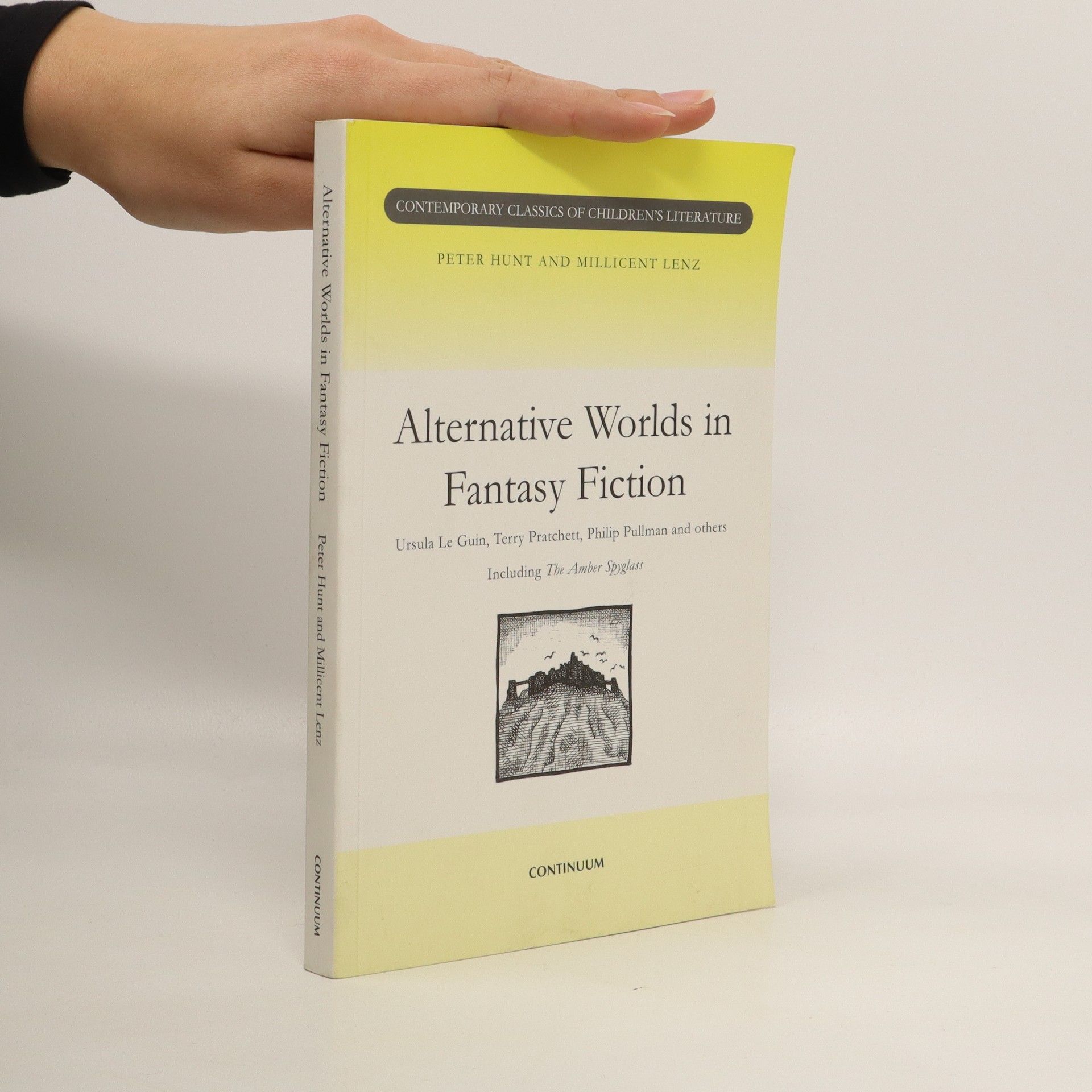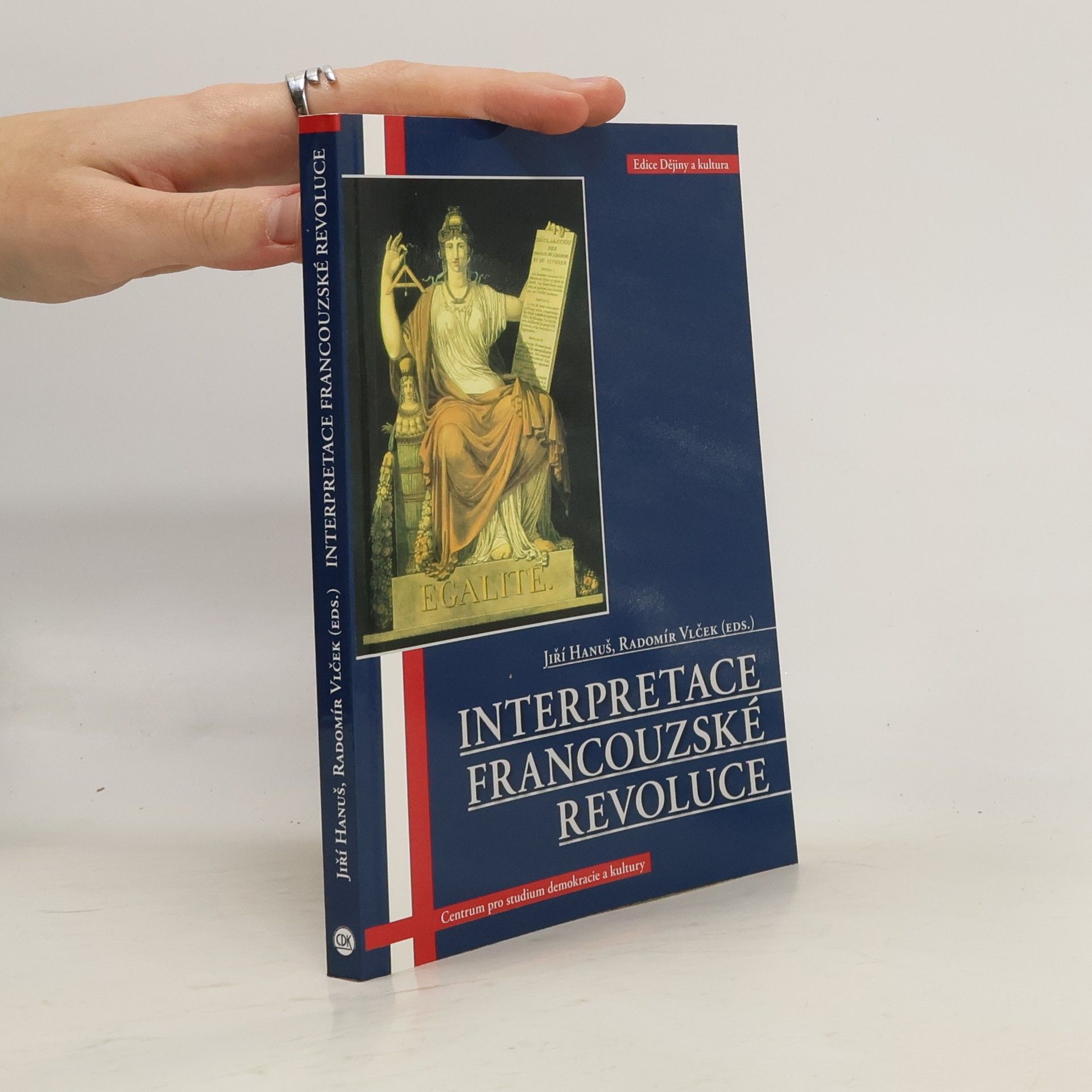Lynn Hunt Bücher
Lynn Hunt beschäftigt sich mit europäischer Kulturgeschichte, mit besonderem Schwerpunkt auf der Französischen Revolution und der Geschichte der Menschenrechte. Ihre Arbeit untersucht, wie sich Vorstellungen von Menschenrechten im Laufe der Zeit herausgebildet und entwickelt haben, und betont ihren kulturellen und historischen Kontext. Sie analysiert entscheidende Momente und intellektuelle Strömungen, die zum modernen Verständnis der Menschenrechte beigetragen haben. Ihr Ansatz betont ein tiefes Engagement für historische Prozesse und deren gesellschaftliche Auswirkungen.

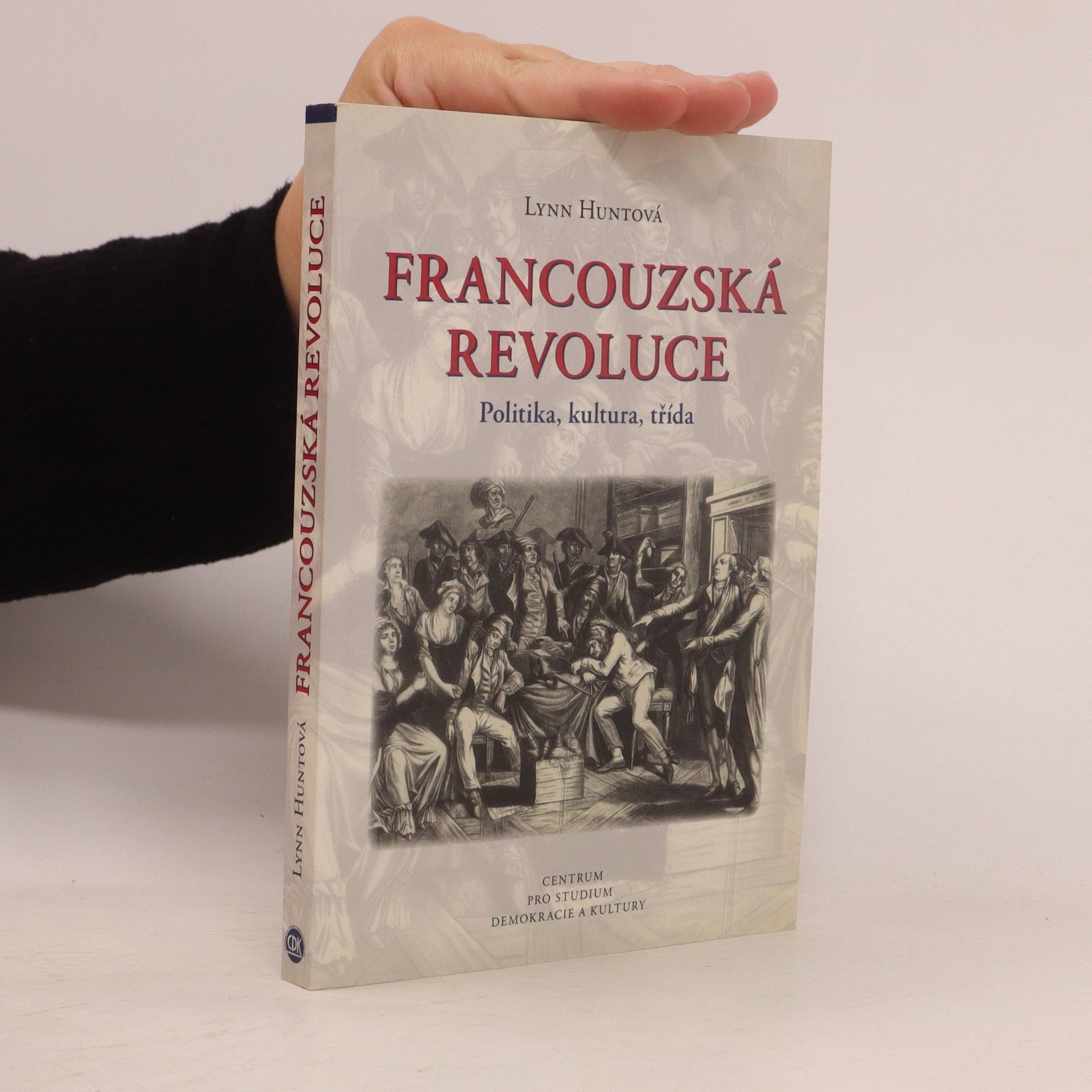
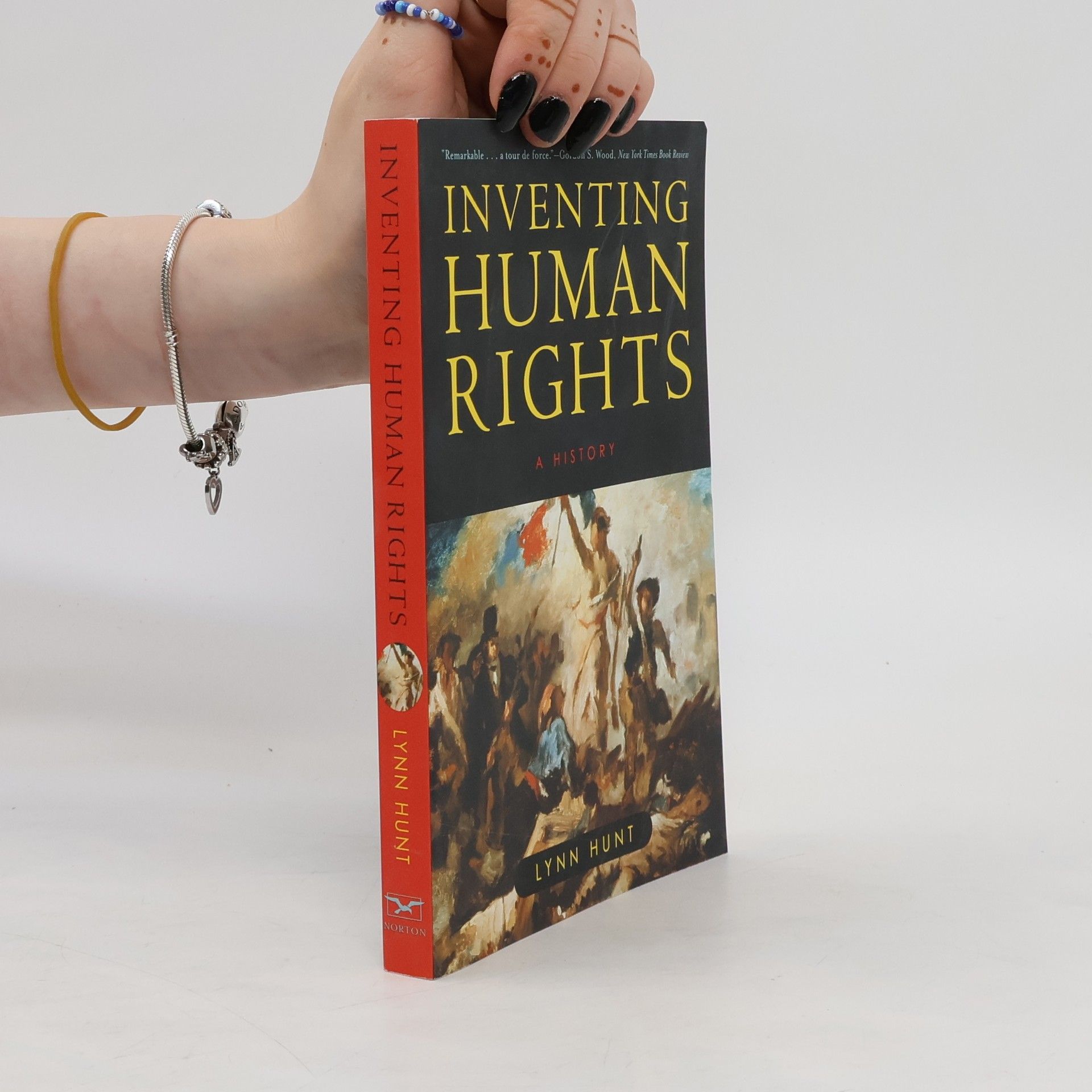
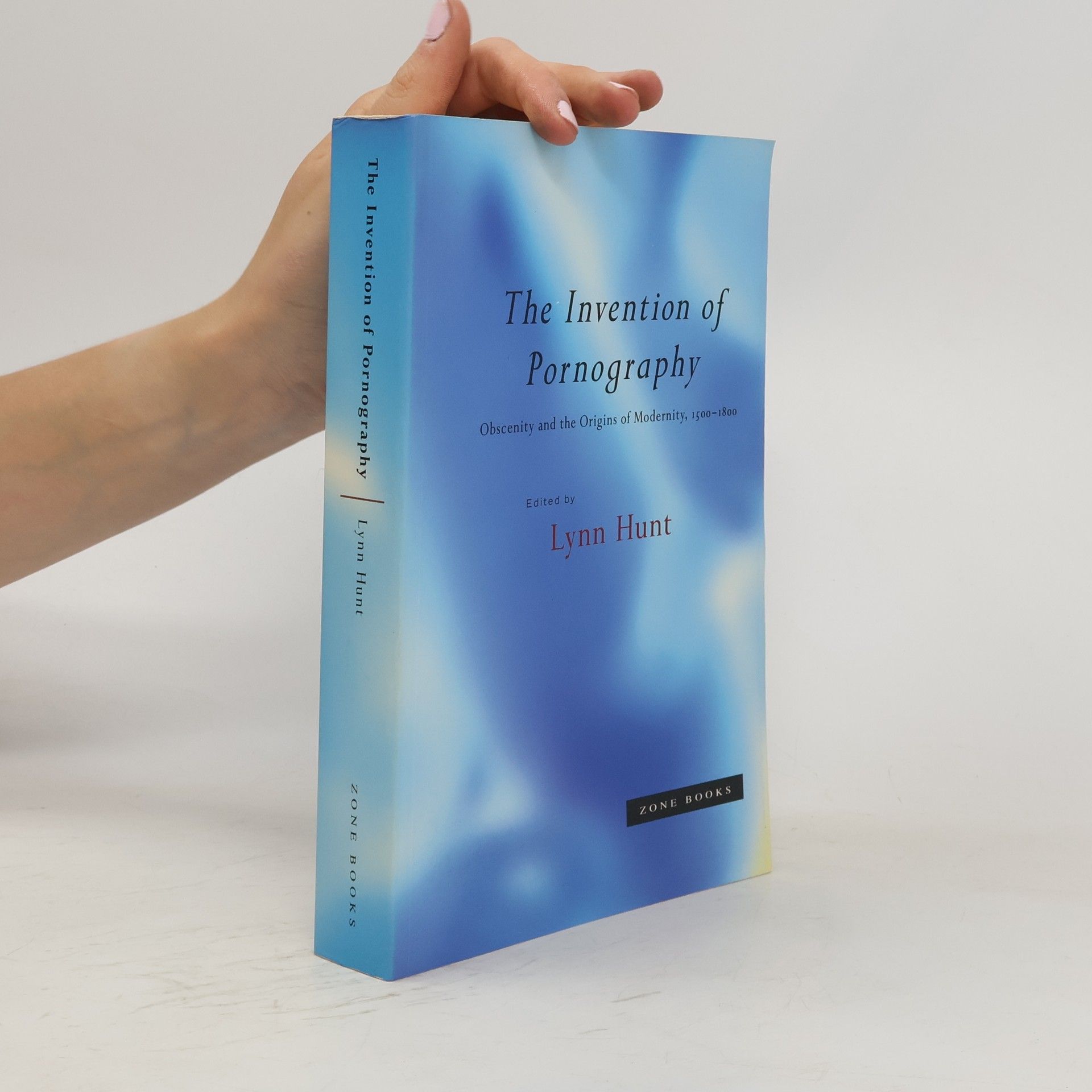

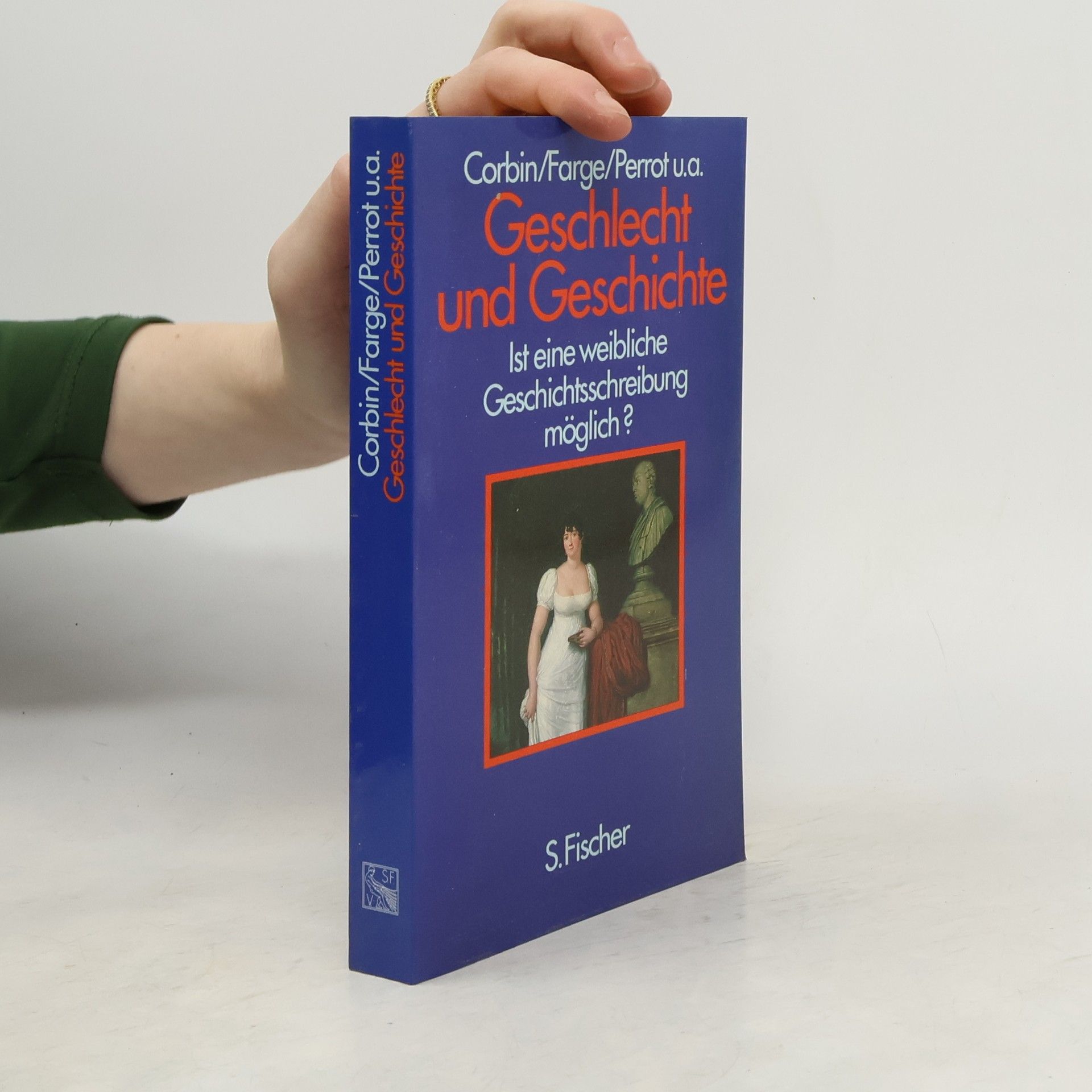

Symbole der Macht, Macht der Symbole
- 351 Seiten
- 13 Lesestunden
Für Lynn Hunt ist die Französische Revolution nicht nur Zeichen sich wandelnder ökonomischer und sozialer Strukturen, noch lediglich ein singuläres politisches Ereignis; sie ist vielmehr die Geburtsstunde der »politischen Kultur« in Europa und der »Kaste der Politiker«.ln einer ebenso differenzierten wie ungewöhnlichen Analyse der genuin revolutionären Symbole (Kleider, Feste usw.) erschließt Lynn Hunt die »Sprachen der Macht« und damit das politische Selbstverständnis, das sich in diesen Symbolen bekundet. Es wird dargestellt, wie sich die Symbole im Laufe der Französischen Revolution veränderten; daß sie bald nicht mehr Ausdruck eines Aufbruchs waren, sondern selber zum Instrument der Disziplinierung wurden.Mit der Entstehung der »revolutionären Symbolwelt« und einer »revolutionären Rhetorik« bildete sich eine politische Kultur heraus, die bis auf den heutigen Tag wirksam geblieben ist.Im zweiten Teil wird untersucht, wer diejenigen waren, die diese neue Rhetorik und Symbolik entwarfen, sich durch sie definierten.(Dieser Text bezieht sich auf eine frühere Ausgabe.)
The Making of the West
Peoples and Cultures- A Concise History - Third Edition
- 752 Seiten
- 27 Lesestunden
The Making of the West is a story of interactions — cross-cultural exchanges that span the globe, as well as the ongoing interactions between societies, cultures, governments, economies, religions, and ideas. To highlight these interactions and help students grasp the vital connections between political, social, and cultural events, The Making of the West: A Concise History presents a comprehensive picture of each historical era within a brief chronological narrative. The book also situates Europe within a truly global context, facilitating students’ understanding of the events that have shaped their own times. A full-color map and art program deepen students’ understanding of the narrative.
The Invention of Pornography
- 412 Seiten
- 15 Lesestunden
In this groundbreaking collection of essays, historians and literary theorists examine how, between 1500 and 1800, pornography emerged as a literary practice and a category of knowledge intimately linked to the formative moments of Western modernity and the democratization of culture. The first modern writers and engravers of pornography were part of the demimonde of heretics, freethinkers, and libertines who constituted the dark underside of the Renaissance, the Scientific Revolution, the Enlightenment, and the French Revolution. From the start, early modern European pornography used the shock of sex to test the boundaries and regulation of obscene behavior and expression in the public and private sphere. As such, pornography criticized and even subverted political authorities as well as social and sexual relations.
Inventing Human Rights
- 272 Seiten
- 10 Lesestunden
A tour de force.-Gordon S. Wood, New York Times Book Review
Francouzská revoluce. Politika, kultura, třída
- 269 Seiten
- 10 Lesestunden
Originální výklad Velké francouzské revoluce známé americké historičky, která navazuje na francouzskou interpretační tradici, ale současně přináší zcela nový a svérázný pohled. Zabývá se rétorikou významných revolučních osobností, symbolickými formami politické praxe, politickým zeměpisem revoluce, novými politickými subjekty a lidmi na okraji. V centru jejího zájmu je tudíž to, co sama autorka nazývá "poetikou moci" a "sociologií politiky". Publikace je brilantním historickým esejem, který se pohybuje na rozmezí politických, sociálních a kulturních dějin a ukazuje novou podobu politiky, která vznikla na konci 18. století a je určující dodnes.
Alternative worlds in fantasy fiction
- 176 Seiten
- 7 Lesestunden
A guide to children's literature about alternative worlds, focusing on the work of Ursula Le Guin, Terry Pratchett and Philip Pulman.
Interpretace Francouzské revoluce
- 160 Seiten
- 6 Lesestunden
Reprezentativní sborník příspěvků ze dvou konferencí pořádaných Historickým ústavem FF MU, Historickým ústavem AV ČR a CDK. Publikace shrnuje vývoj poznání o fenoménu revoluce v západní i východní Evropě prostřednictvím rozboru děl významných autorů (E. Burke, J. Michelet, A. Tocqueville, F. Furet, M. Ozouf, L. Hunt a další), ale také prostřednictvím rozboru základních výkladových paradigmat (romantismus, pozitivismus, marxismus, „nová historie“ aj.). Autoři příspěvků jsou předními odborníky na danou problematiku (D. Tinková, R. Slabáková, J. Válka, R. Vlček, M. Hlavačka, F. Holeček, M. Řepa a další) a přinášejí do českého prostředí nové interpretační akcenty.
